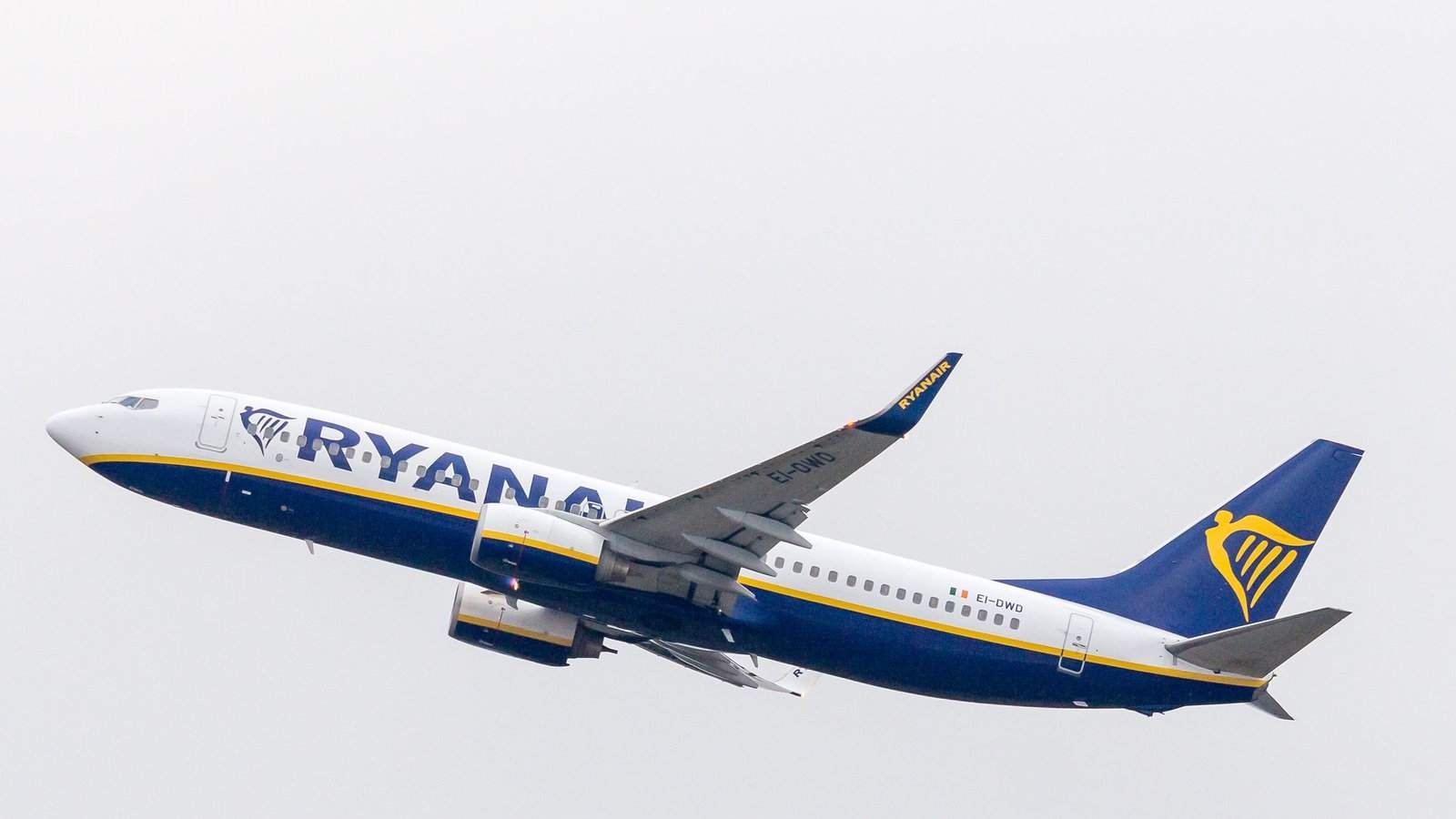
In this article, we will be discussing the hidden fees that budget airlines often charge. We all know that budget travel can be a great way to save money, but it’s important to be aware of these hidden fees to avoid any surprises. Whether you’re planning a solo trip or traveling with your family, understanding these fees will help you better budget for your journey. So, let’s dive into the details and uncover the hidden costs of budget airlines!
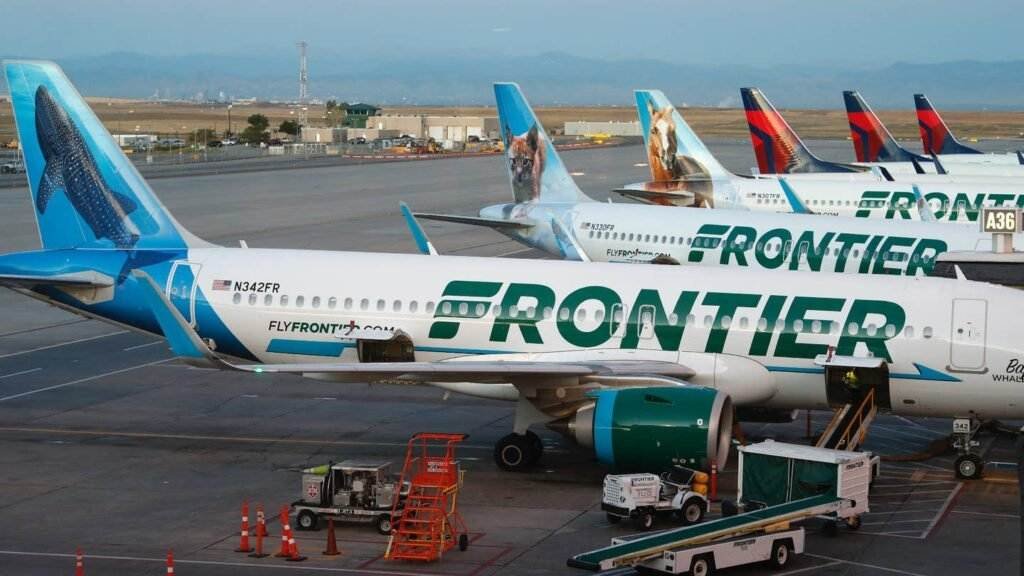
Introduction
Budget travel has become increasingly popular among travelers of all backgrounds. Whether you’re a seasoned globetrotter or a family looking for an affordable vacation, budget airlines can provide a cost-effective solution to fulfill your wanderlust. However, it’s important to be aware of the hidden fees often associated with budget airlines. In this article, we will unveil the hidden fees that can significantly impact your travel budget and provide tips on how to navigate through them.
Understanding budget travel
Budget travel is a concept that revolves around minimizing expenses while still enjoying fulfilling travel experiences. It allows travelers to explore new destinations without breaking the bank. Budget airlines play a crucial role in this equation as they offer lower fares compared to traditional carriers. With their cost-saving strategies, budget airlines have democratized travel, making it accessible to a wider audience.
The rise of budget airlines
The airline industry has witnessed a significant change with the rise of budget airlines. These airlines operate on a low-cost model, often cutting down on frills and luxury to reduce expenses. By doing so, budget airlines are able to offer cheaper fares, attracting price-conscious travelers. This shift in the industry has democratized air travel, opening up opportunities for people who previously couldn’t afford to fly.
Exploring budget airlines
What are budget airlines?
Budget airlines, also known as low-cost carriers (LCCs), are airlines that offer discounted fares and simplified services. They are known for their no-frills approach and focus on providing affordable travel options. Budget airlines often prioritize cost-cutting measures, such as offering a limited range of in-flight amenities and smaller seat dimensions, in order to keep ticket prices low.
Popular budget airlines around the world
There are numerous budget airlines operating around the world, catering to various regions and routes. Some of the popular budget airlines include Ryanair, EasyJet, Southwest Airlines, AirAsia, JetBlue Airways, and Norwegian Air Shuttle. These airlines have built their reputation on providing affordable fares and opening up new travel possibilities for budget-conscious travelers.
Benefits of flying with budget airlines
Flying with budget airlines comes with several benefits. Firstly, the lower fares offered by these airlines allow travelers to allocate their budget to other aspects of their trip, such as accommodation and activities. Additionally, budget airlines often operate on a point-to-point basis, offering direct flights to specific destinations, thus saving travelers time and hassle. Lastly, budget airlines have expanded their networks, enabling travelers to explore unconventional and lesser-known destinations.
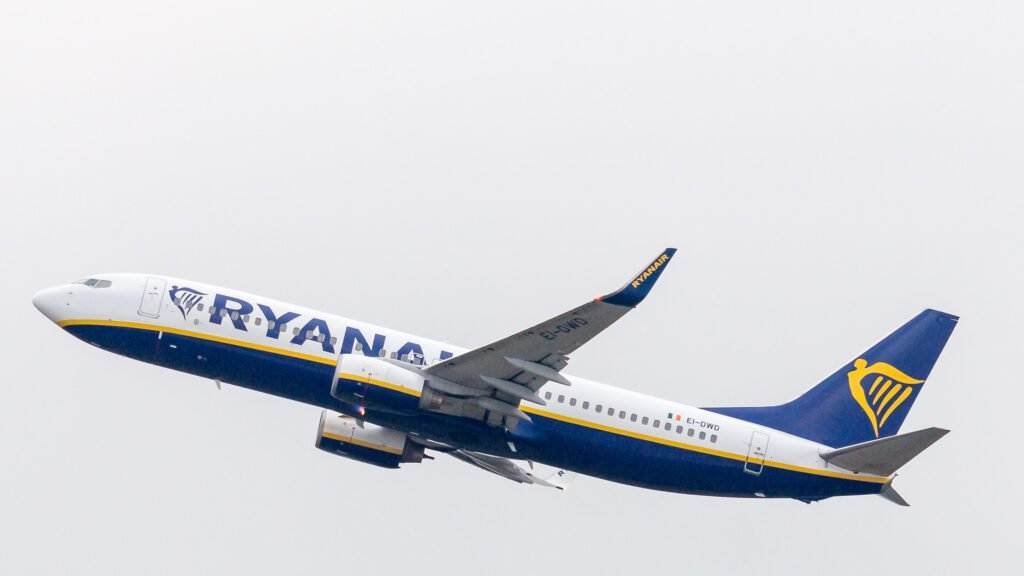
Unveiling hidden fees
Understanding hidden fees in the airline industry
Hidden fees are additional charges imposed by airlines that are not included in the initial ticket price. These fees are often not transparently disclosed during the booking process and can catch travelers by surprise. While hidden fees exist across the airline industry, they are particularly prevalent among budget airlines due to their low-cost business model.
Common hidden fees charged by budget airlines
Budget airlines are infamous for their hidden fees, which can significantly impact your travel budget if you’re not prepared. Some of the common hidden fees charged by budget airlines include fees for checked baggage, seat selection, in-flight services, flight changes, and cancellations. It’s important to be aware of these fees and factor them into your travel budget to avoid any unexpected financial setbacks.
How hidden fees impact your travel budget
Hidden fees can easily add up and inflate the cost of your trip. For example, budget airlines often charge for checked baggage, and the fees can vary depending on the weight and dimensions of your luggage. If you’re not careful, these fees can surpass the cost of your ticket itself. Hidden fees for seat selection, in-flight services, and flight changes can also come as an unwelcome surprise, making it crucial to account for these costs when budgeting for your journey.
Booking process and transparency
Transparency issues in budget airline bookings
One of the common complaints about budget airlines is the lack of transparency during the booking process. It is not uncommon for travelers to encounter hidden fees only after they have proceeded with the booking. This lack of transparency can lead to frustration and can make it difficult for travelers to accurately plan and budget for their trip.
The fine print: What you need to know
When booking a flight with a budget airline, it is essential to read the fine print carefully. Pay attention to the terms and conditions, as well as any additional fees or charges that may apply. Understand the baggage allowances, seat selection options, and any restrictions or limitations that may affect your travel experience. Being aware of these details can help you make informed decisions and avoid unexpected costs.
Tips for avoiding surprise fees during booking
To avoid surprise fees during the booking process, it is crucial to research and compare the different airlines and their fee structures. Take the time to understand the specific policies of each airline regarding baggage allowances, seat selection, and in-flight services. Consider whether you truly need these additional services or if you can manage without them. By doing your due diligence, you can make a well-informed choice and potentially save money on unnecessary fees.
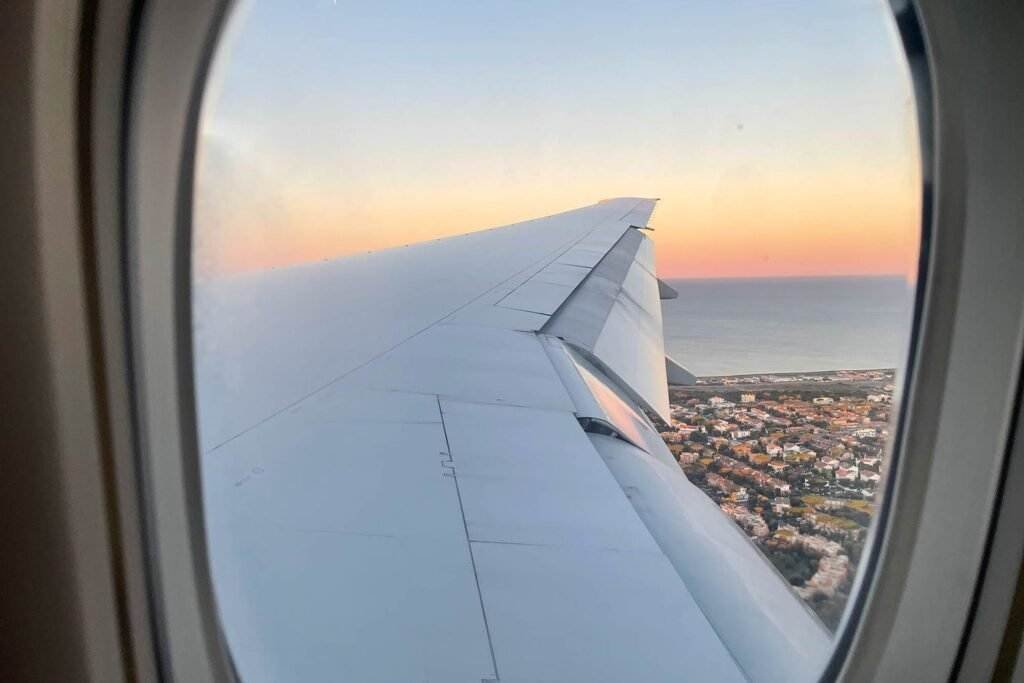
Luggage policies and fees
Understanding baggage allowances with budget airlines
Budget airlines often have strict baggage allowances compared to traditional carriers. They typically offer a limited baggage allowance that only includes a small carry-on bag without any checked baggage. Each airline’s baggage policy may vary, so it’s important to carefully review the specific requirements for your chosen airline. Failure to comply with the baggage policies can result in additional fees, which can quickly eat into your travel budget.
Additional fees for checked baggage
Budget airlines charge additional fees for checked baggage, and the cost can vary depending on the weight and dimensions of your luggage. It’s important to weigh your bags in advance and ensure they meet the airline’s requirements to avoid excess baggage charges. Additionally, consider packing light and using a carry-on bag to maximize your baggage allowance and minimize costs.
Strategies for traveling light and avoiding excess baggage charges
To avoid excess baggage charges, it’s essential to pack strategically and travel light. Start by making a packing list and only including essential items. Consider wearing your heaviest or bulkiest clothing items during your flight to save space in your luggage. Utilize packing cubes or compression bags to maximize the space in your bag. Finally, weigh your bags before heading to the airport to ensure they meet the airline’s requirements.
Seat selection and fees
The concept of seat selection fees
Budget airlines often charge fees for seat selection, allowing passengers to choose their preferred seat in advance. This fee-based system allows airlines to generate additional revenue while offering passengers the option to select seats according to their preferences.
Types of seat selection fees
Seat selection fees can vary depending on the airline and the type of seat you choose. Airlines may have different pricing tiers for standard seats, seats with extra legroom, or seats in preferred sections of the aircraft. The fees for seat selection can range from a few dollars to significantly higher amounts, depending on the airline and the popularity of the chosen seat.
Alternatives to avoid seat selection fees
If seat selection fees do not align with your budget, there are alternative ways to secure a preferred seat without incurring additional charges. For example, many budget airlines offer free seat assignments during the check-in process, allowing you to choose from the remaining available seats. Alternatively, you can check for seat availability a few days before your flight and try to select a seat during a less crowded time. Being flexible and proactive can help you secure a comfortable seat without paying extra fees.
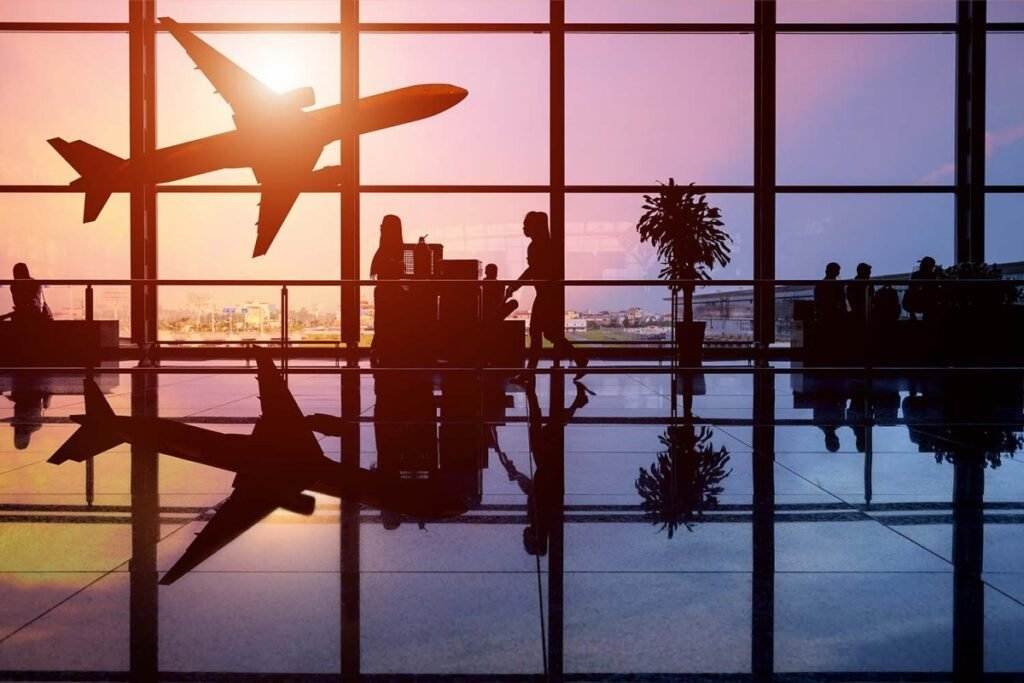
In-flight services and charges
Food and beverage charges
Budget airlines typically charge for food and beverages during flights, as they do not include complimentary meals in their ticket prices. While some airlines offer the option to purchase meals in advance, others only provide snacks and drinks for purchase on board. If you prefer to have a full meal during your flight, it is advisable to bring your own food or purchase a meal before boarding to avoid the potentially inflated prices on the plane.
Entertainment fees
In-flight entertainment is another aspect where budget airlines may charge additional fees. Some airlines offer entertainment packages that include movies, TV shows, and music for a fee. In contrast, others do not provide any in-flight entertainment options. Consider bringing your own entertainment devices, such as a tablet or a book, to keep yourself occupied during the flight if these services come with an extra charge.
Wi-Fi charges
Access to Wi-Fi during a flight is becoming increasingly important for many travelers. However, budget airlines often charge for in-flight Wi-Fi connectivity. If having internet access during your flight is essential, it might be worth considering these charges and budgeting accordingly. Alternatively, you can take advantage of free Wi-Fi hotspots at airports during layovers to stay connected before and after your flight.
Additional charges for special services
Charges for priority boarding
Priority boarding, which allows passengers to board the aircraft before other passengers, is often offered for an additional fee by budget airlines. This service can be beneficial for those who prefer to have extra time to settle into their seats or have limited overhead cabin space. However, if priority boarding is not a priority for you, it might be best to save money by sticking with the standard boarding process.
Fees for extra legroom seats
Some budget airlines offer seats with extra legroom for an additional cost. These seats provide more space and comfort, making them an attractive option for taller passengers or those who value added comfort during the flight. However, if the extra legroom is not a necessity for you, it’s best to avoid the additional fees and opt for a standard seat instead.
Charges for in-flight amenities
Budget airlines often charge for additional amenities such as blankets, pillows, and headphones. While these amenities may enhance your comfort during the flight, they are not always necessary for shorter flights. Consider bringing your own travel essentials, such as a neck pillow or noise-canceling headphones, to avoid paying extra charges for these items.

Payment and transaction fees
Additional charges for certain payment methods
Budget airlines may charge additional fees for certain payment methods, especially if you choose to pay with a credit card. These fees can vary depending on the airline and the region you are traveling in. To avoid these additional charges, consider using alternative payment methods such as debit cards or online payment platforms that offer lower transaction fees.
Foreign transaction fees
If you’re traveling internationally and booking tickets with a budget airline from a different country, be aware of potential foreign transaction fees. Many credit cards charge a fee for transactions made in a foreign currency. To minimize these fees, consider using a credit card that offers favorable foreign transaction rates or opt for a local payment option if it’s available.
How to minimize payment and transaction fees
To minimize payment and transaction fees, it’s advisable to research the different payment methods available and choose the one that offers the lowest or no additional charges. Some airlines may offer specific promotions or partnerships with certain payment providers that can help you save on fees. Additionally, consider using a currency conversion tool or calculator to understand the exchange rates and potential fees associated with the transaction.
Flight change and cancellation fees
Flight change fees with budget airlines
Changing your flight details with a budget airline can often come with substantial fees. These fees can vary depending on factors such as the airline, the specific fare type, and the timing of the change. It’s essential to carefully read the terms and conditions and understand the change policy before booking your ticket to avoid any unexpected charges.
Cancellation policies and associated charges
Budget airlines generally have strict cancellation policies, often charging high fees for canceling or refunding a ticket. In some cases, the cost of the cancellation fee can even exceed the price of the original ticket. Carefully consider your travel plans before booking and opt for flexible fare options if you anticipate the need to change or cancel your flight.
Tips for managing flights changes and cancellations
To manage flight changes and cancellations effectively, it’s important to be proactive and stay informed about the airline’s policies. If you anticipate the need to change your flight, consider booking a more flexible fare option that allows for changes at a lower or no fee. Additionally, some airlines may offer a grace period after booking during which you can cancel or change your ticket without incurring any penalties. Being aware of these policies and planning accordingly can help you navigate flight changes and cancellations with minimal financial impact.
Compensation for delays and disruptions
Understanding passenger rights for delays and cancellations
If your flight experiences delays or cancellations, it’s essential to understand your rights as a passenger. Different countries and regions have varying regulations regarding compensation for flight disruptions. Familiarize yourself with the specific laws governing your flight to determine whether you are eligible for compensation and what steps you should take to claim it.
Compensation policies of budget airlines
Budget airlines typically have different compensation policies compared to traditional carriers. While they may not offer the same level of compensation or benefits, they still have obligations to provide reasonable assistance in the event of flight disruptions. It’s important to review the airline’s specific compensation policy and understand what you are entitled to in case of delays, cancellations, or other disruptions.
Steps to take in case of flight disruptions
If your flight is delayed, canceled, or otherwise disrupted, there are several steps you can take to mitigate the impact on your travel plans. Firstly, stay informed by regularly checking the airline’s website or contacting their customer service for updates and information. Keep all relevant travel documents and receipts to support any claims for compensation or reimbursement. If necessary, consider reaching out to your travel insurance provider to understand what coverage you have and how to proceed. Being proactive and responsive during these situations can help you navigate through the disruptions more effectively.
Customer reviews and experiences
Common complaints about hidden fees
Unveiling hidden fees is a topic that often garners complaints from travelers. Many customers express frustration with the lack of transparency during the booking process and the unexpected charges they discover after making a reservation. Understanding the common complaints can help you prepare for your journey and avoid falling into the same pitfalls.
Positive experiences with budget airlines
Despite the complaints about hidden fees, many travelers have positive experiences with budget airlines. These airlines have made travel more accessible to a wider audience and have paved the way for exploring new and exciting destinations. Many customers appreciate the affordability and convenience that budget airlines offer, making it possible for them to embark on adventures they may have otherwise missed out on.
The importance of researching before booking
Researching before booking is crucial to ensure a smooth and cost-effective travel experience. By conducting thorough research on the specific budget airline you plan to fly with, you can gain valuable insights into their fee structures, policies, and customer experiences. This information will empower you to make informed decisions and avoid any surprises or unexpected charges during your journey.
Conclusion
Unveiling the hidden fees of budget airlines is essential for any traveler looking to embark on a budget-friendly adventure. By understanding the common hidden fees that often accompany budget airline travel, you can better plan and budget for your trip. Remember to thoroughly read the terms and conditions, research different airlines’ fee structures, and be proactive in managing potential flight disruptions. With careful preparation and knowledge, budget travel can be both affordable and enjoyable, allowing you to explore the world without sacrificing comfort.



